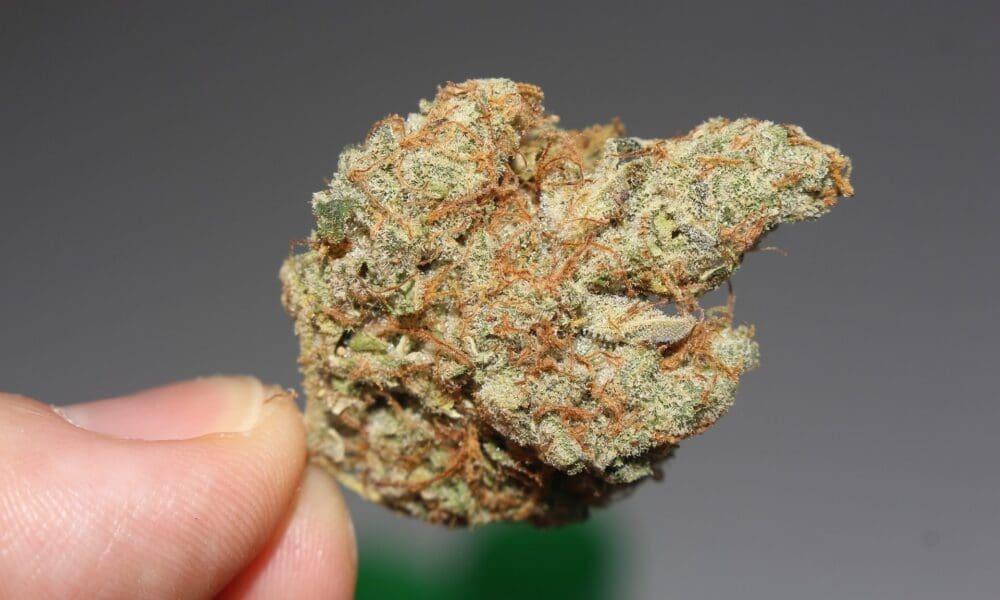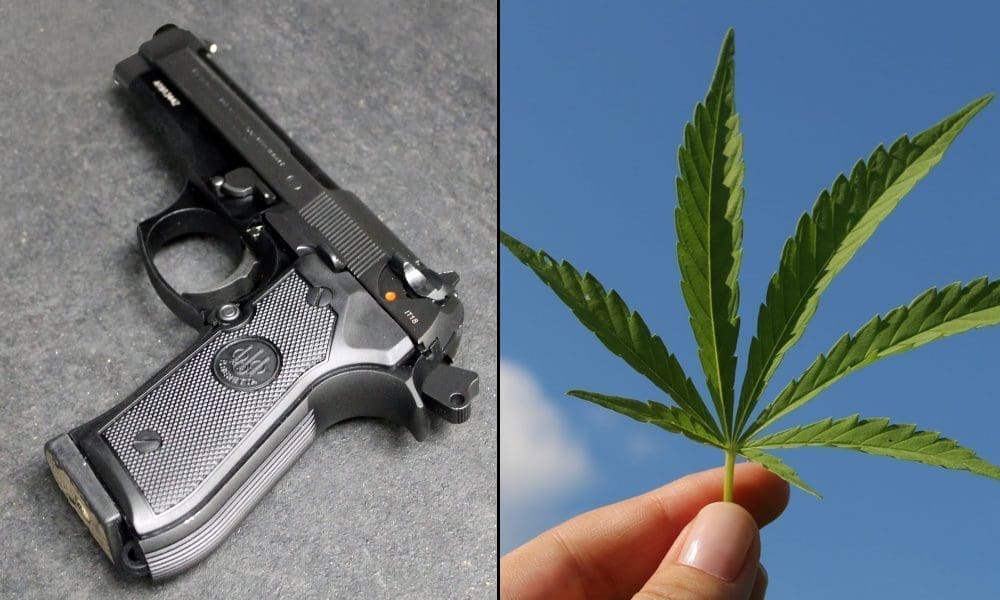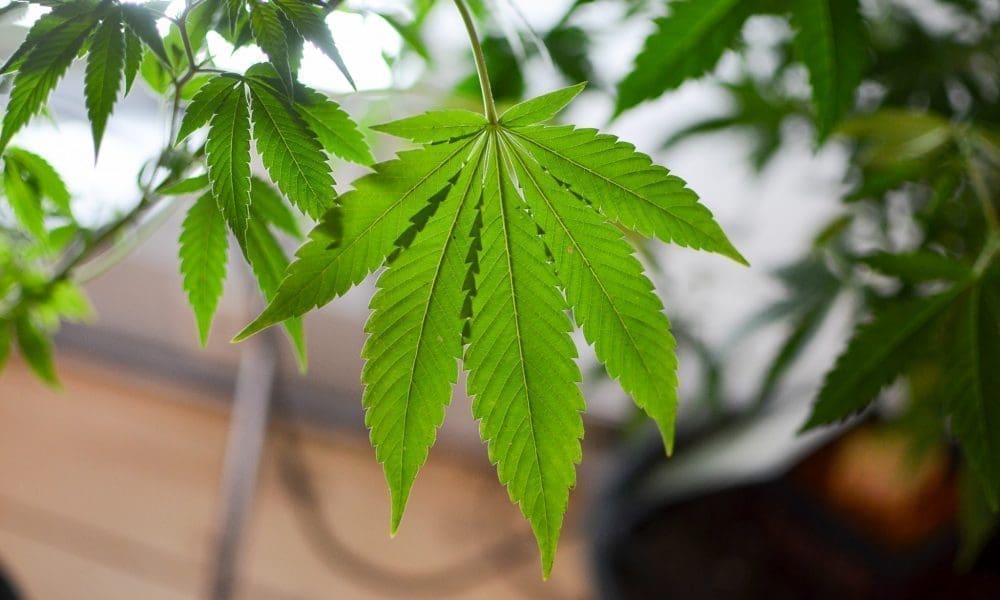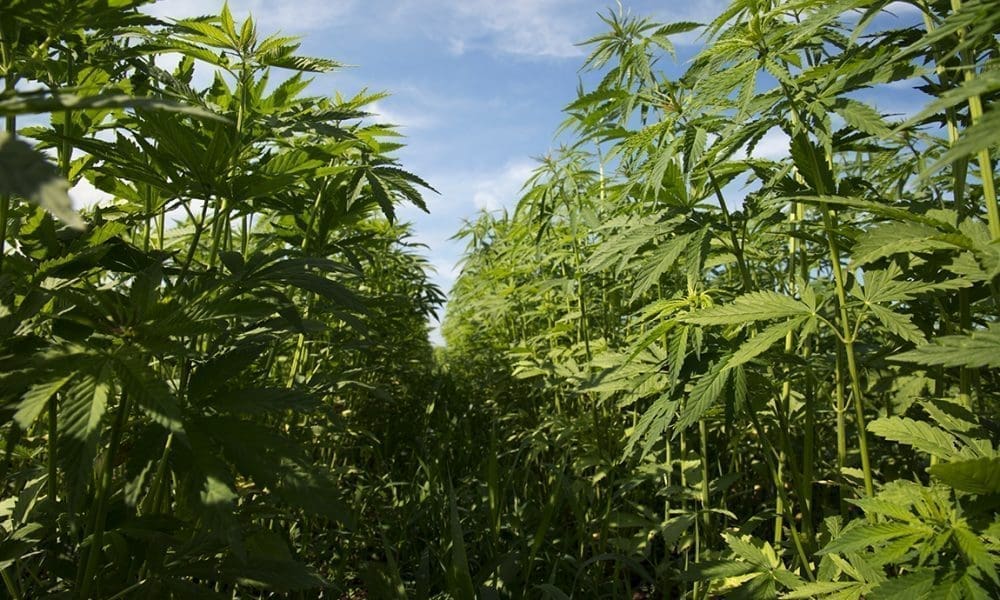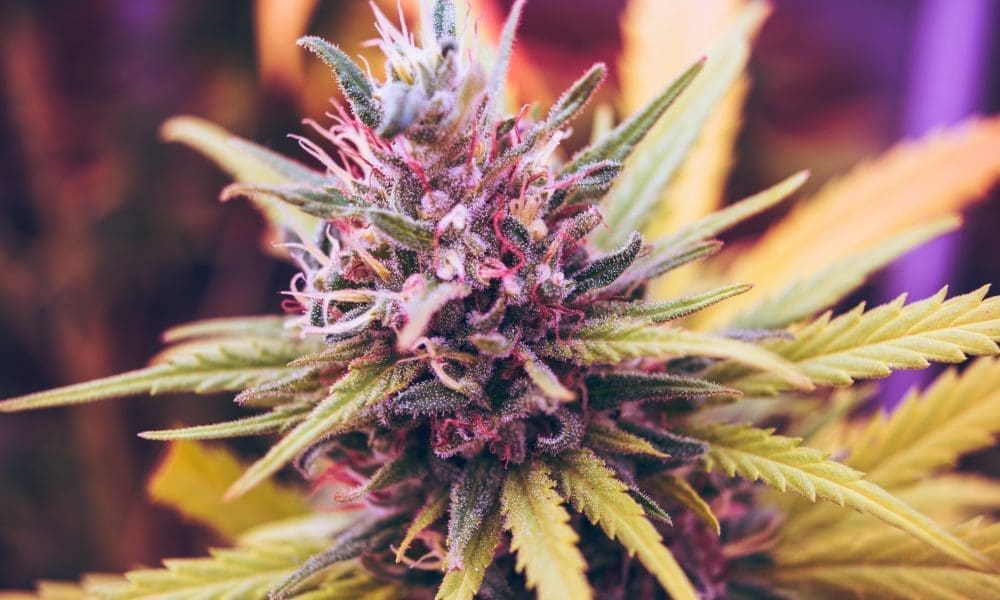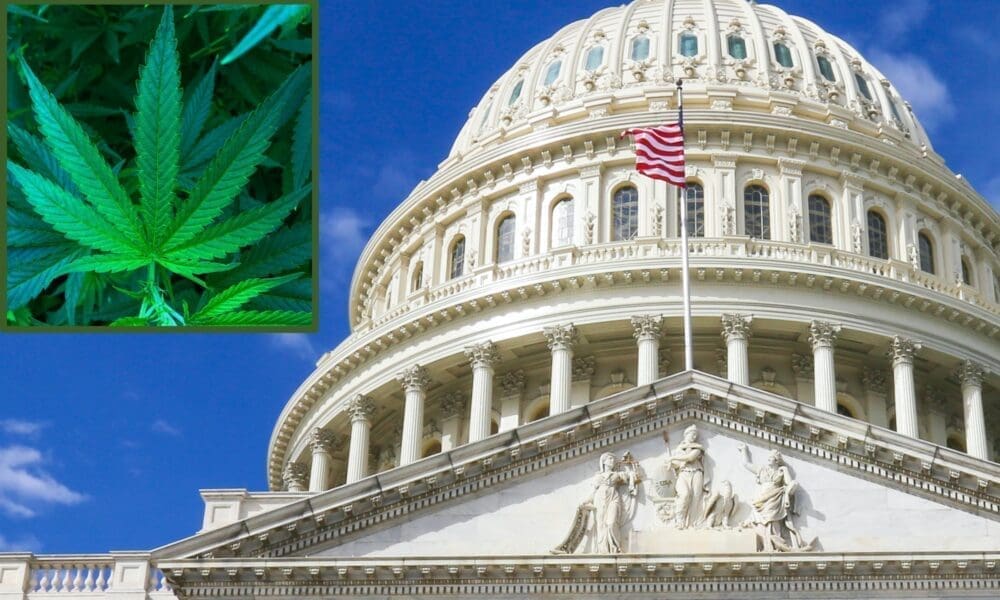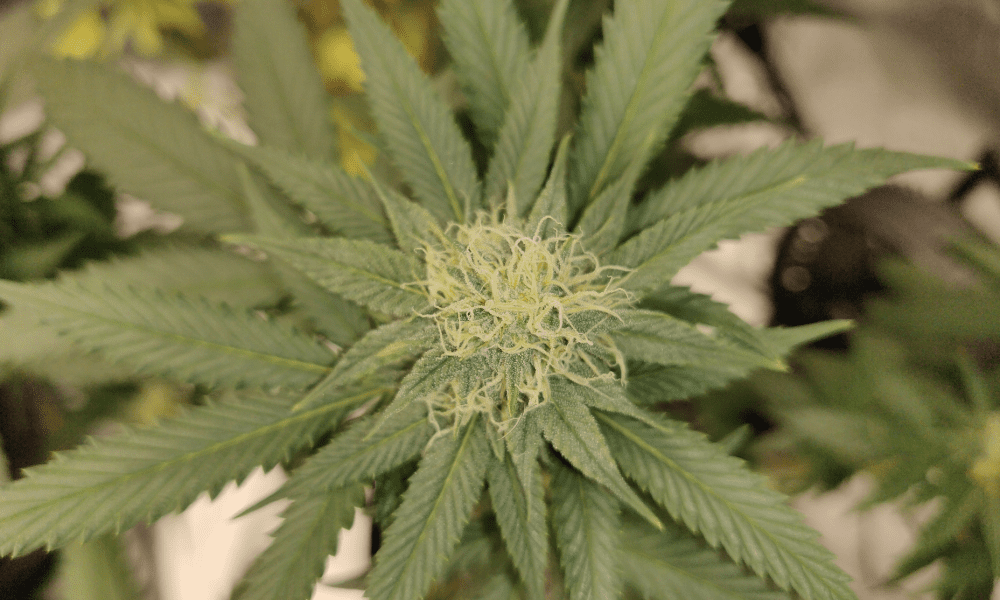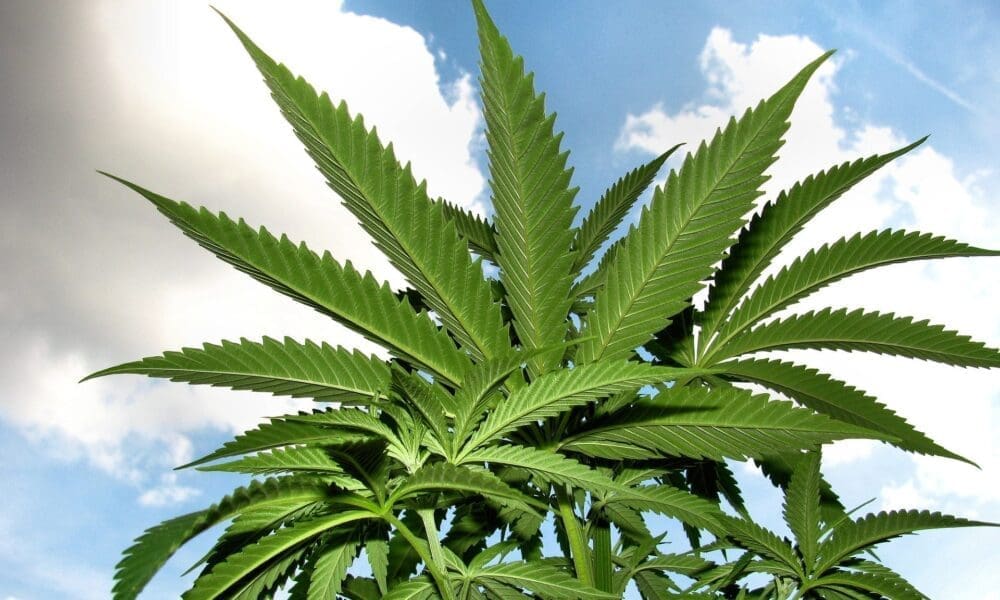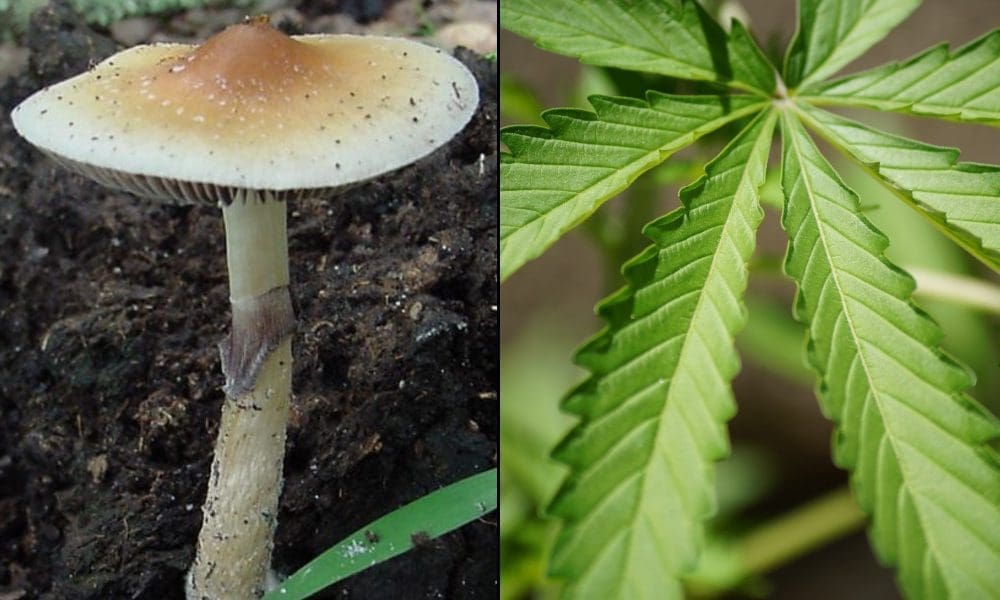Not really excited at the prospect of FDA regulating medical cannabis if it gets moved to Schedule 3 status. Maybe they will follow the guidelines they decide with CBD. They want to have discussions with lawmakers. Good sign. Maybe they can do the Medical cannabis regulations at the same time for all the adult-use markets around the nation!
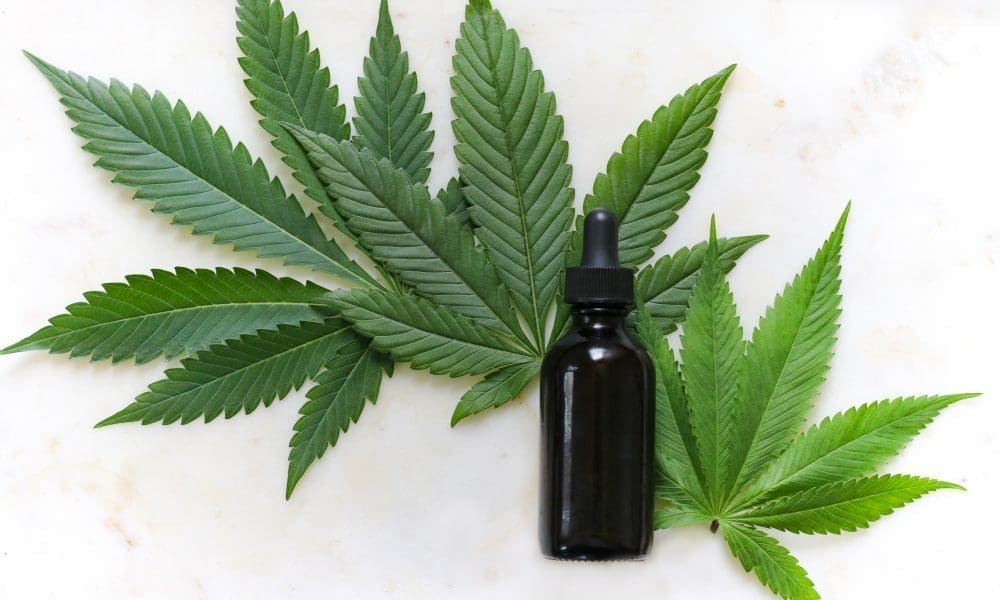
 www.marijuanamoment.net
www.marijuanamoment.net

FDA Official Says Agency Is ‘Actively’ Exploring CBD Regulations As It Continues To Monitor Kratom
The Food and Drug Administration (FDA) is “actively” exploring a potential regulatory framework for CBD, with plans to prioritize the issue in the next year, a top official says. Meanwhile, the agency is also investigating issues related to kratom. FDA Deputy Commissioner for Policy...

